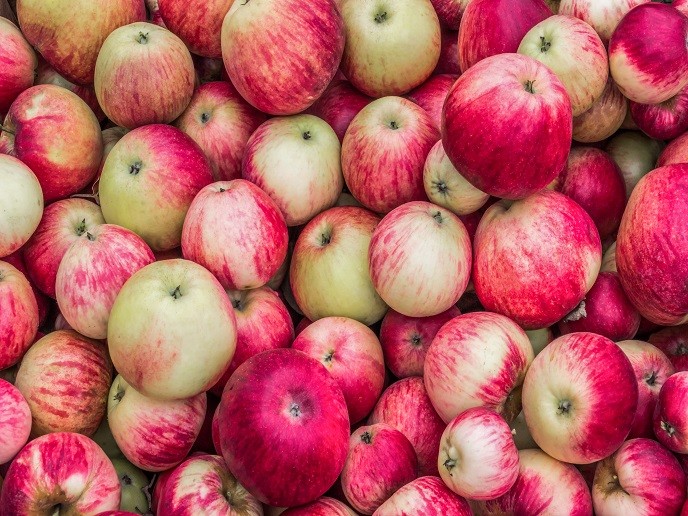A network of knowledge key to boosting competitiveness of the European fruit sector
Twenty-one partners across 12 European countries, including research institutes, universities, and industrial partners and associations representing fruit and horticulture regions in Europe and the fruit supply chain, are involved in the www.eufrin.eu/index.php?id=55 (EUFRUIT) (EU Fruit Network) project. Its overall aim, as project coordinator Michelle H. Williams explains, was to “increase the competitiveness of the European fruit sector through improved productivity, sustainability and quality of fruit across the fruit chain.”
A spotlight on achievements
“To reach our goal, we established four international expert groups for the thematic areas covered: fruit varieties, minimisation of chemical residues, quality optimisation through improvement of post-harvest handling, and storage and improving sustainability,” notes Williams. In addition to this, the project established national and regional groups (NGs) for each of the 21 European consortium partners. In total, there were 62 NGs. EUFRUIT further developed and implemented a systematic approach for scanning and synthesising existing scientific and practical knowledge. “We established a web-based Knowledge Platform, where state-of-the-art knowledge and existing best practice approaches at a European level within the four thematic areas are available for the public in English,” reports the coordinator. To date, there are approximately 387 industry publications, 101 technical bulletins and 116 flyers/newsletters on this platform. “This ensures that existing knowledge is brought from the national/regional levels and is made available at a European level (and vice versa) for all stakeholders in the fruit chain to access and implement,” adds Williams. When it came to the project’s dissemination activities, Williams confirms: “In addition, 243 seminars and lecture-based workshops were delivered and 1 071 field-based meetings, including open days, field visits, grower meetings and meetings with stakeholders, were held across the EU.” Furthermore, the project participated in 470 conferences and industry events/exhibitions aimed at industry stakeholders, and organised 108 events aimed at the general public were delivered. Overall, the project has established a framework and a systematic approach for identifying, exchanging and implementing new knowledge. This secures a direct path for dissemination and implementation of new knowledge in the future.
Meeting challenges
“It was challenging to keep track of all the dissemination activities and ensure partners used the correct activity type number and included information needed for reporting,” recounts Williams. To overcome this, the project put a lot of effort into creating detailed instructions for their partners. A further challenge was delivering on the final conference as originally planned in the project. “The reasons behind this stemmed from the political situation in Turkey at the time of the scientific conference that we had originally planned to co-align with our final conference, and also from the feedback we received from expert reviewers that the project should focus on communication with end users rather than a more science-based final conference,” Williams adds. The project addressed these challenges by delivering both an expert lecture and exhibition linked to Interpoma 2018, along with summaries of the best practice per work package to a wide range of end users. The project’s next steps will involve maintaining the Knowledge Platform through EUFRIN. EUFRIN board members will share the costs of maintenance of the EUFRIN website and the Knowledge Platform, and its members will continue to upload written documents, such as technical bulletins and industry articles, to the platform.
Keywords
EUFRUIT, fruit, Knowledge Platform, competitiveness, EUFRIN, European Fruit Network, horticulture



